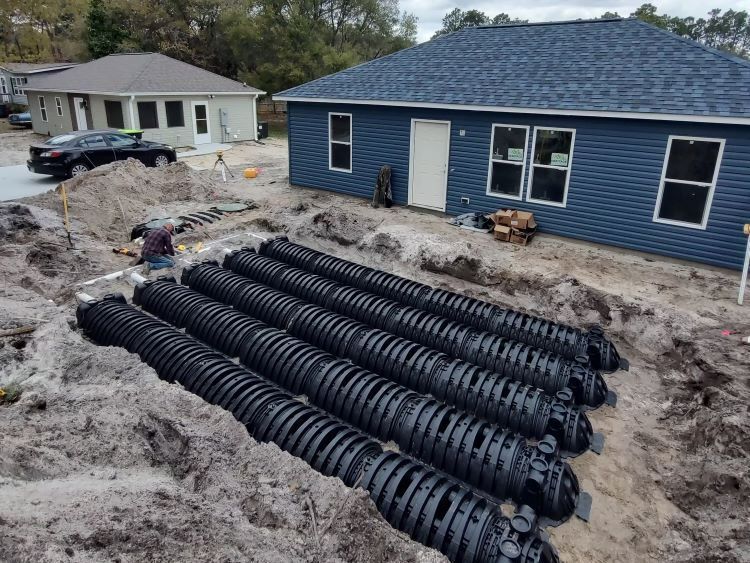FAQs
Septic Tank Pumping and Cleaning Information
for Shallotte, Leland, Tabor City, Whiteville, Calabash, Southport, Delco, Supply, NC & More
At Klean Latrine, we understand the importance of maintaining a properly functioning septic system. Whether you are located in Shallotte, Leland, Tabor City, Whiteville, Calabash, Southport, Delco, or Supply, NC, our team of experienced professionals is here to help.
We offer comprehensive septic tank pumping and cleaning services to ensure your system operates efficiently and lasts for years to come. To assist you better, we've compiled a list of frequently asked questions about our services. For more information or to set up septic tank pumping services, please contact us today!

Why should I have my septic tank pumped if I have not had any problems?
Have your septic tank cleaned out to keep it working properly and prevent problems from occurring.
How often should I have my septic tank pumped?
Generally, you should have your septic tank pumped every 3-5 years. This all depends on the size of your tank; the number of people in your household/property; the amount of wastewater generated; and the volume of solids in the wastewater.
What is the proper way to pump a septic tank?
Leave this one up to the pros! But to ensure the contractor you hire is doing the job correctly, make sure they dig up both ends of the tank. If your tank has access risers and lids, both lids need to be opened up and pumped out, straight from the tank. Once the tank is opened up, it’s recommended that the effluent filter is also cleaned.
Why is it important to have both ends of my septic tank opened and pumped out?
All of the sludge needs to be pumped out of the inlet and outlet ends; this allows the workers to check the outlet tee/effluent filter to ensure it’s still intact, functioning well, and clog-free.
What types of things should never be flushed down the toilet?
You should never throw cigarettes, baby wipes, dental floss, hair, cat litter, contraceptives, chemicals, paper towels, disposable diapers, tampons, oil/grease, coffee grounds, or gauze bandages down the toilet.
What are the most common symptoms of possible septic system failure?
You’ll know when your septic system is failing when you hear gurgling sounds coming from the drains; you smell sewage odors inside or outside; your toilets, sinks, drains, or washing machines backup; or your ground gets wet or soggy around the septic tank/drain field area.
